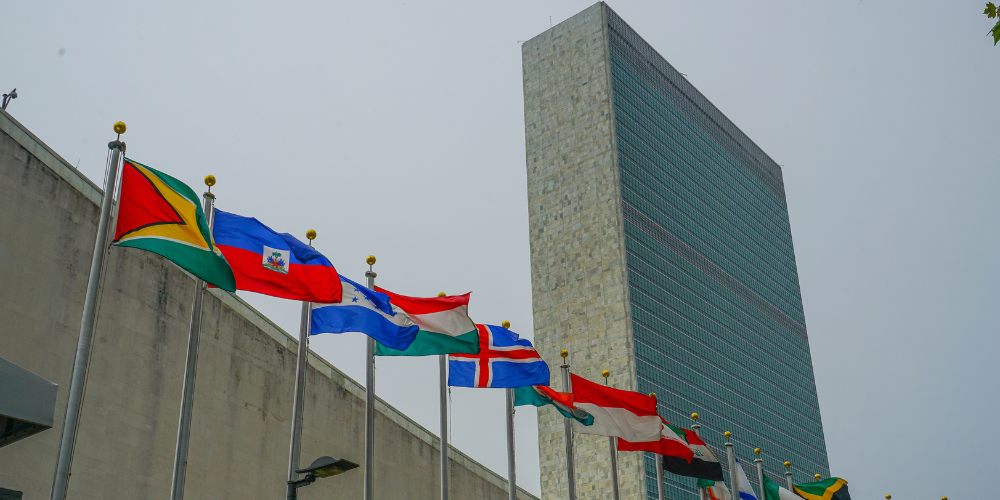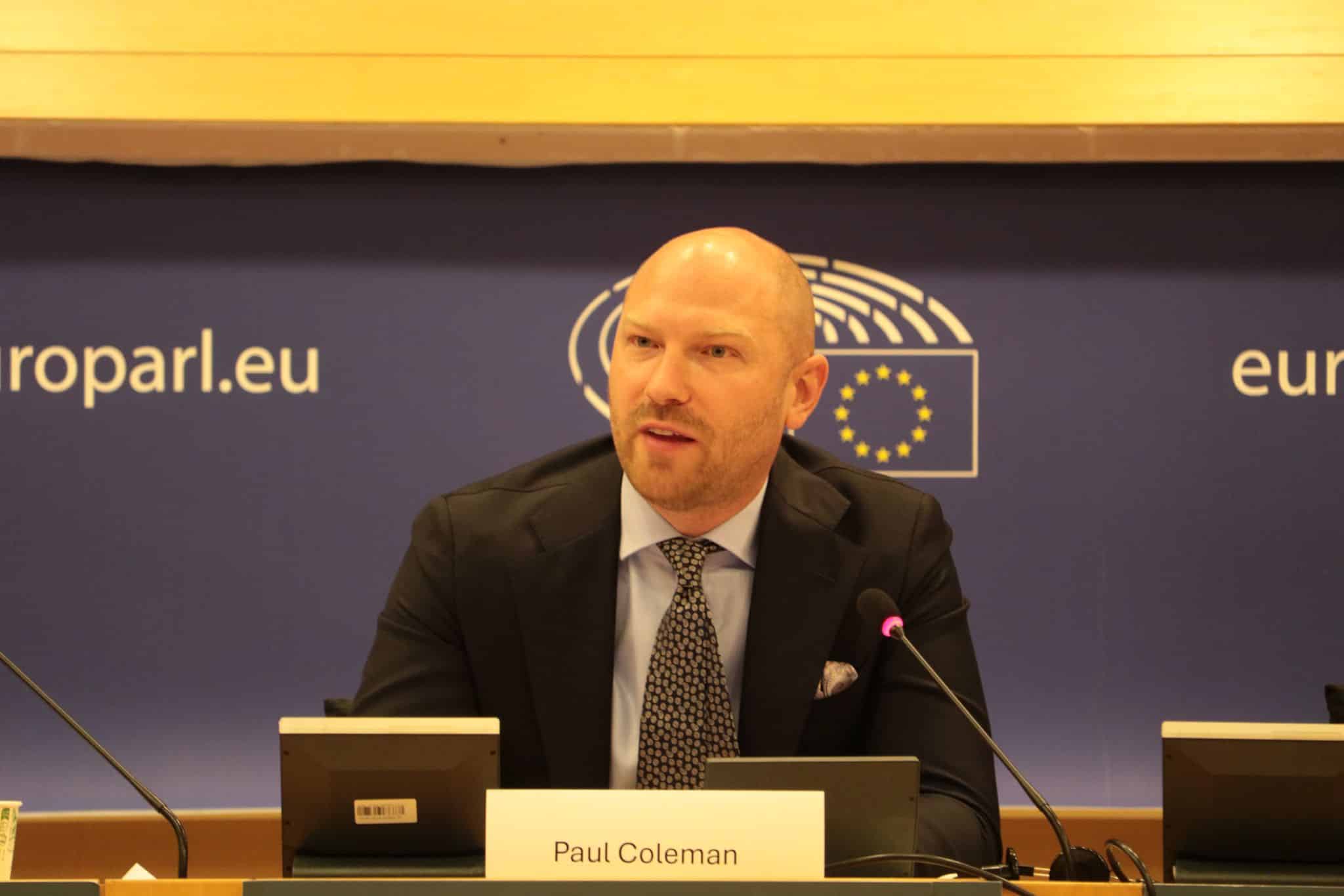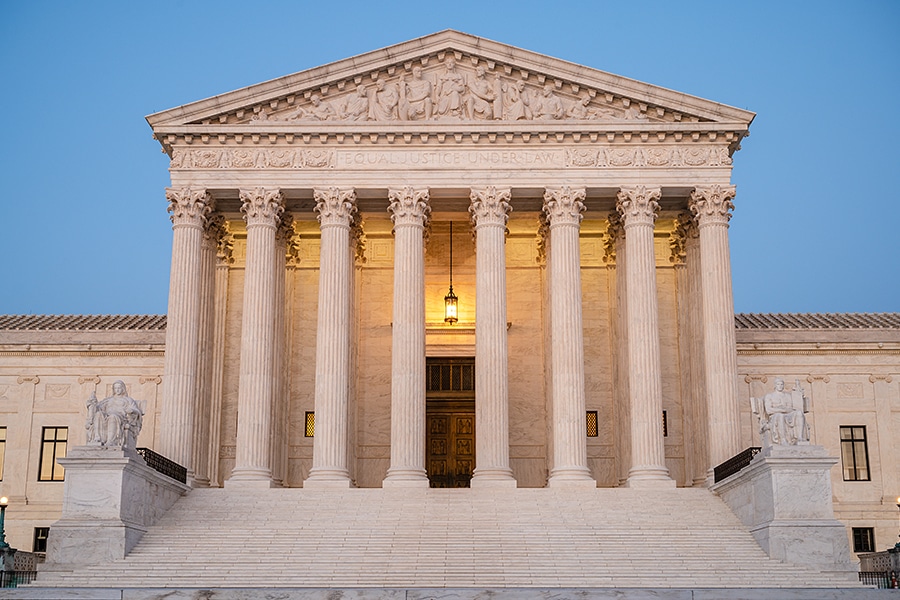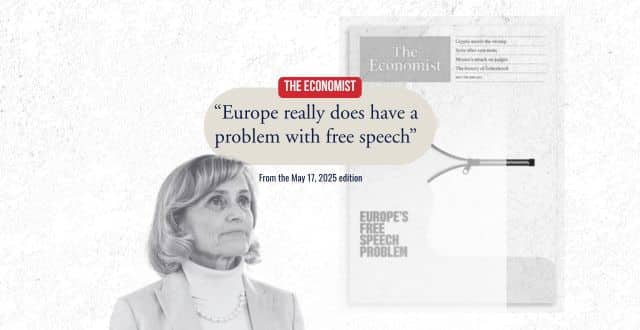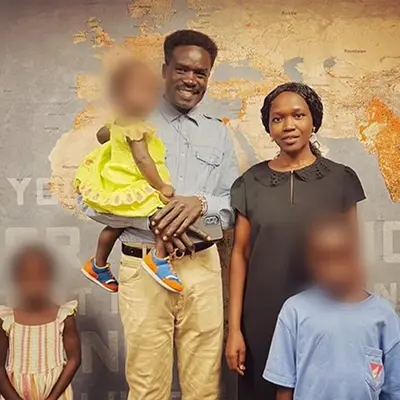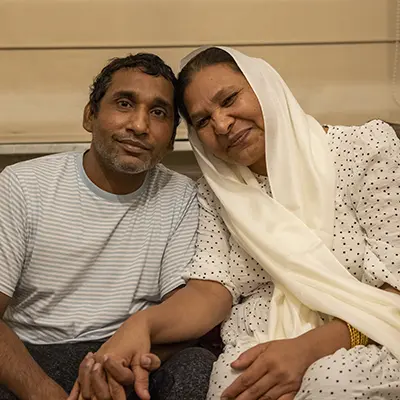Feature premiere of timely documentary highlights erosion of freedom of expression in Britain, including through recent prosecutions of citizens who have silently prayed near abortion facilities
NYT Bestselling author Rod Dreher, film writer/director Isaiah Smallman, and victims of state censorship including Adam Smith-Connor (convicted for silent prayer) to attend black tie evening on Monday 30th June

LONDON (26 June 2025) – On 30 June, thought leaders, journalists, and advocates for liberty will gather in London for the U.K. gala premiere of Live Not By Lies, a powerful new documentary from Root/Cause and Angel Studios.
Based on the bestselling book by Rod Dreher, the documentary issues a stark warning about the quiet rise of authoritarianism in Western democracies—an erosion of fundamental freedoms long thought secure.
The exclusive screening of the film in central London will be opened with remarks from public commentator Konstantin Kisin, reflecting on his family’s experience as dissidents living under the Soviet Union.
"Live Not By Lies exposes disturbing parallels between Soviet-era totalitarian regimes and the ideological pressures mounting today in the United Kingdom and beyond."
- Isaiah Smallman, Filmmaker
The documentary screening will be followed with a panel discussion and opportunity for dialogue with leading voices on freedom of speech, conscience, and association, including bestselling author Rod Dreher and filmmaker Isaiah Smallman.
“Live Not By Lies exposes disturbing parallels between Soviet-era totalitarian regimes and the ideological pressures mounting today in the United Kingdom and beyond. Through chilling testimony and rigorous analysis, the film compels viewers to consider the real cost of staying silent in the face of encroaching censorship and compelled ideology,” commented filmmaker Isaiah Smallman.
“As we witness what’s happening in the streets and courtrooms of today’s West – where citizens face prosecution for voicing their beliefs online, or even praying silently in their heads near abortion facilities – this documentary is a timely reminder that the right to free expression must be zealously defended,” added ADF International spokesperson Lois McLatchie Miller, featured in the film discussing the legal organisation’s cases defending individuals prosecuted for peaceful expression in abortion facility “buffer zones”.
Amongst other examples, the documentary examines the story of Isabel Vaughan-Spruce, who was arrested in 2022 for praying silently near an abortion facility in Birmingham.
Vaughan-Spruce was charged, tried, found innocent, and re-arrested weeks later for the very same activity. After several months of investigation, with support from ADF International, Vaughan-Spruce received £13,000 compensation from police. However, attempts to criminalise silent prayer continue across the country.
The event is by invitation only. Media interested in covering the premiere and panel discussion are encouraged to contact Lois McLatchie Miller by June 27th.
Trailer below:
Sie sehen gerade einen Platzhalterinhalt von YouTube. Um auf den eigentlichen Inhalt zuzugreifen, klicken Sie auf die Schaltfläche unten. Bitte beachten Sie, dass dabei Daten an Drittanbieter weitergegeben werden.
Mehr InformationenImages for free use in print or online in relation to this story only
Pictured: Lois McLatchie Miller, Isabel Vaughan-Spruce



